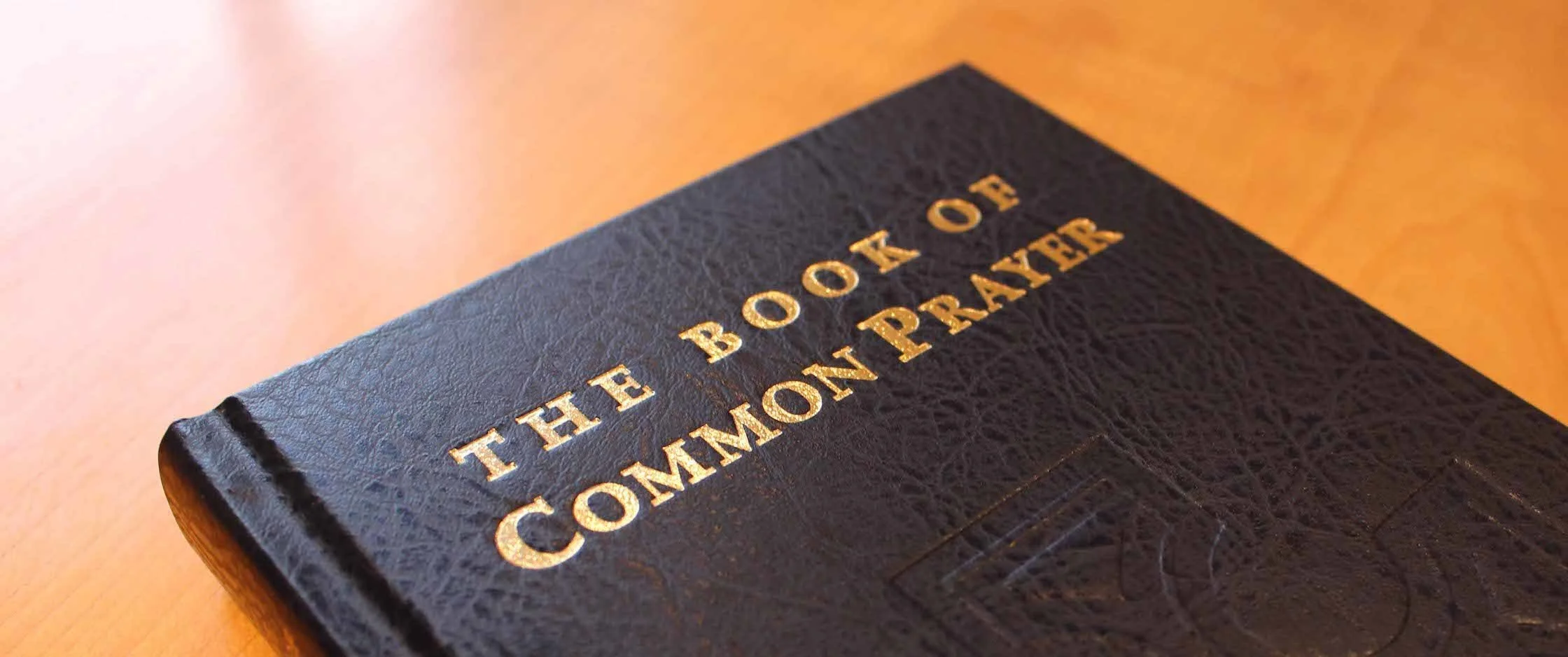We’ve been talking about Union with Christ in Communion. Have a listen to this and see how deep this goes:
Prayer of Humble Access
We do not presume to come to this your table, O merciful Lord,
trusting in our own righteousness,
but in your manifold and great mercies.
We are not worthy so much as to gather up
the crumbs under your table;
but you are the same Lord
whose nature is always to have mercy.
Grant us, therefore, gracious Lord,
so to eat the flesh of your dear Son Jesus Christ,
and to drink his blood,
that our sinful bodies may be made clean by his body,
and our souls washed through his most precious blood,
and that we may evermore dwell in him, and he in us. Amen.
for reflection:
What Biblical passages can you hear echoed in this prayer?
What do you think would happen if we did come to His table trusting in our own righteousness? What would it look like for us to do this? How would I know I was trusting in my own righteousness, rather than in His ‘manifold and great mercies’?
Do you think it is inappropriate (maybe even dangerous?) to talk of ourselves as ‘not worthy to gather up the crumbs under His table’?
How can we hold together such a view of ourselves alongside a sense of assurance and confidence in God’s love for us? How would you help someone grow in that confidence and assurance if it was lacking?
Do you think that it is true that it is always the nature of God to have mercy? What do you make of Romans 9:18? …or Ex.34:7?
Why does Cranmer pick souls and bodies as those aspects of our being that need to be cleansed and washed? Why not hearts and minds? Do you think he is right to focus on these? Why / why not? (Matt.12:34-37; 15:16-20 & 22:34-40).
BCP Exhortation to those reluctant to take Communion
Or, in case he shall see the people negligent to come to the holy Communion, instead of the former, he shall use this Exhortation.
DEARLY beloved brethren, on - I intend, by God's grace, to celebrate the Lord's Supper: unto which, in God's behalf, I bid you all that are here present; and beseech you, for the Lord Jesus Christ's sake, that ye will not refuse to come thereto, being so lovingly called and bidden by God himself. Ye know how grievous and unkind a thing it is, when a man hath prepared a rich feast, decked his table with all kind of provision, so that there lacketh nothing but the guests to sit down; and yet they who are called (without any cause) most unthankfully refuse to come. Which of you in such a case would not be moved? Who would not think a great injury and wrong done unto him? Wherefore, most dearly beloved in Christ, take ye good heed, lest ye, withdrawing yourselves from this holy Supper, provoke God's indignation against you. It is an easy matter for a man to say, I will not communicate, because I am otherwise hindered with worldly business. But such excuses are not so easily accepted and allowed before God. If any man say, I am a grievous sinner, and therefore am afraid to come: wherefore then do ye not repent and amend? When God calleth you, are ye not ashamed to say ye will not come? When ye should return to God, will ye excuse yourselves, and say ye are not ready? Consider earnestly with yourselves how little such feigned excuses will avail before God. They that refused the feast in the Gospel, because they had bought a farm, or would try their yokes of oxen, or because they were married, were not so excused, but counted unworthy of the heavenly feast. I, for my part, shall be ready; and, according to mine Office, I bid you in the Name of God, I call you in Christ's behalf, I exhort you, as ye love your own salvation, that ye will be partakers of this holy Communion. And as the Son of God did vouchsafe to yield up his soul by death upon the Cross for your salvation; so it is your duty to receive the Communion, in remembrance of the sacrifice of his death, as he himself hath commanded: which if ye shall neglect to do, consider with yourselves how great injury ye do unto God, and how sore punishment hangeth over your heads for the same; when ye wilfully abstain from the Lord's Table, and separate from your brethren, who come to feed on the banquet of that most heavenly food. These things if ye earnestly consider, ye will by God's grace return to a better mind: for the obtaining whereof we shall not cease to make our humble petitions unto Almighty God our heavenly Father.
BCP: Exhortation to Communion
When the Minister giveth warning for the Celebration of the holy Communion, (which he shall always do upon the Sunday, or some Holy-day, immediately preceding,) after the Sermon or Homily ended, he shall read this Exhortation following.
DEARLY beloved, on - [day next] I purpose, through God's assistance, to administer to all such as shall be religiously and devoutly disposed the most comfortable Sacrament of the Body and Blood of Christ; to be by them received in remembrance of his meritorious Cross and Passion, whereby alone we obtain remission of our sins, and are made partakers of the kingdom of heaven. Wherefore it is our duty to render most humble and hearty thanks to Almighty God our heavenly Father, for that he hath given his Son our Saviour Jesus Christ, not only to die for us, but also to be our spiritual food and sustenance in that holy Sacrament. Which being so divine and comfortable a thing to them who receive it worthily, and so dangerous to them that will presume to receive it unworthily; my duty is to exhort you in the mean season to consider the dignity of that holy mystery, and the great peril of the unworthy receiving thereof; and so to search and examine your own consciences, and that not lightly, and after the manner of dissemblers with God: but so that ye may come holy and clean to such a heavenly Feast, in the marriage-garment required by God in holy Scripture, and be received as worthy partakers of that holy Table.
The way and means thereto is; First, to examine your lives and conversations by the rule of God's commandments; and whereinsoever ye shall perceive yourselves to have offended, either by will, word, or deed, there to bewail your own sinfulness, and to confess yourselves to Almighty God, with full purpose of amendment of life. And if ye shall perceive your offences to be such as are not only against God, but also against your neighbours; then ye shall reconcile yourselves unto them; being ready to make restitution and satisfaction, according to the uttermost of your powers, for all injuries and wrongs done by you to any other; and being likewise ready to forgive others that have offended you, as you would have forgiveness of your offences at God's hand; for otherwise the receiving of the holy Communion doth nothing else but increase your damnation. Therefore if any of you be a blasphemer of God, an hinderer or slanderer of his Word, an adulterer, or be in malice, or envy, or in any other grievous crime, repent you of your sins, or else come not to that holy Table; lest, after the taking of that holy Sacrament, the devil enter into you, as he entered into Judas, and fill you full of all iniquities, and bring you to destruction both of body and soul.
And because it is requisite, that no man should come to the holy Communion, but with a full trust in God's mercy, and with a quiet conscience; therefore if there be any of you, who by this means cannot quiet his own conscience herein, but requireth further comfort or counsel, let him come to me, or to some other discreet and learned Minister of God's Word, and open his grief; that by the ministry of God's holy Word he may receive the benefit of absolution, together with ghostly counsel and advice, to the quieting of his conscience, and avoiding of all scruple and doubtfulness.
C.S. Lewis’ Screwtape Letters can be found as a free PDF download here:
https://judithwolfe.wp.st-andrews.ac.uk/files/2017/08/Screwtape.pdf
or as a free Audio book (read by John Cleese), here:






